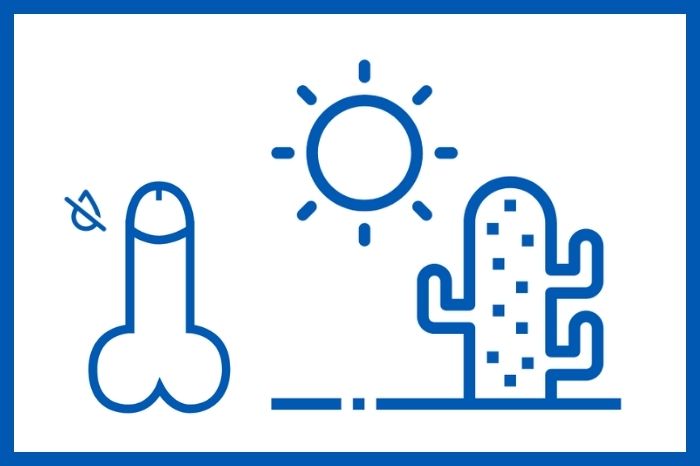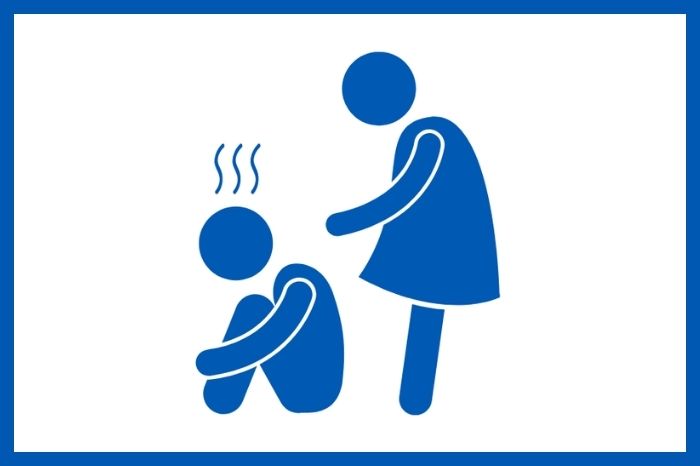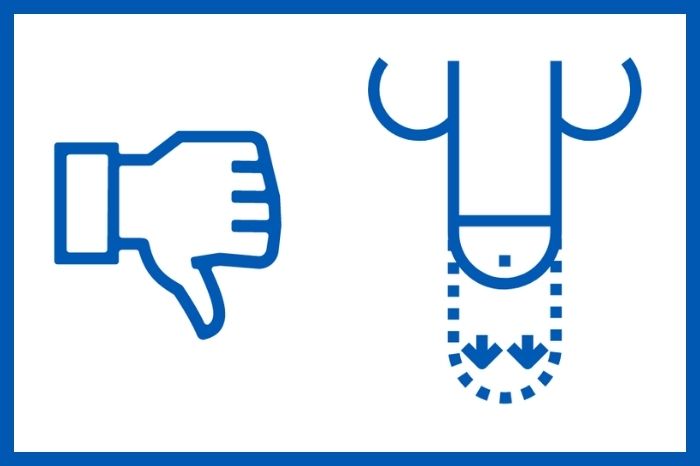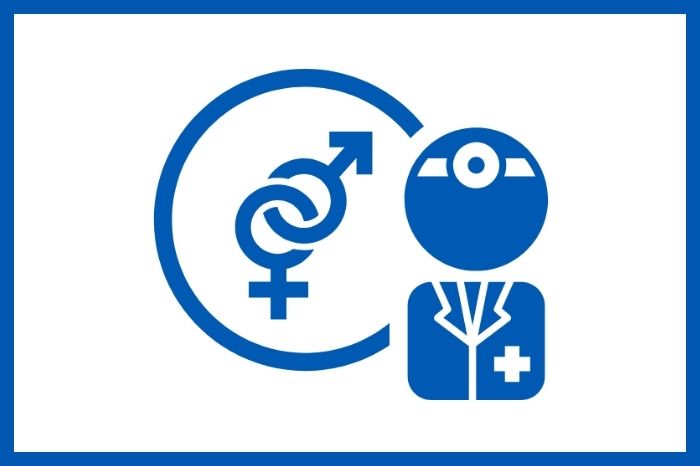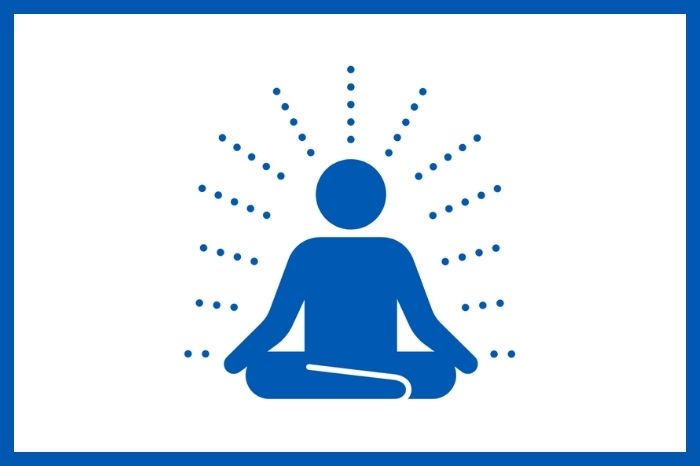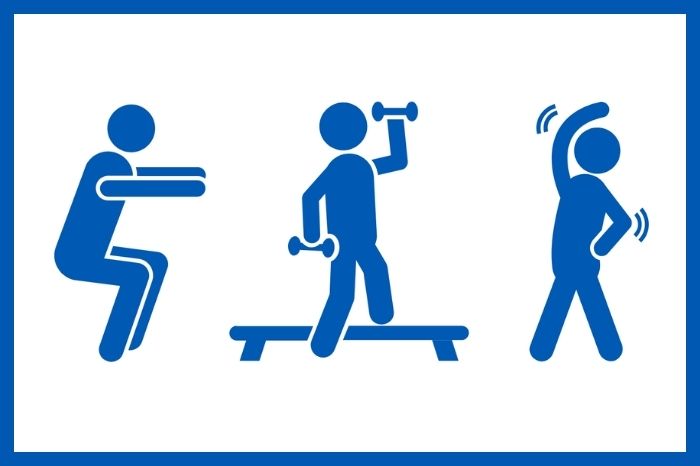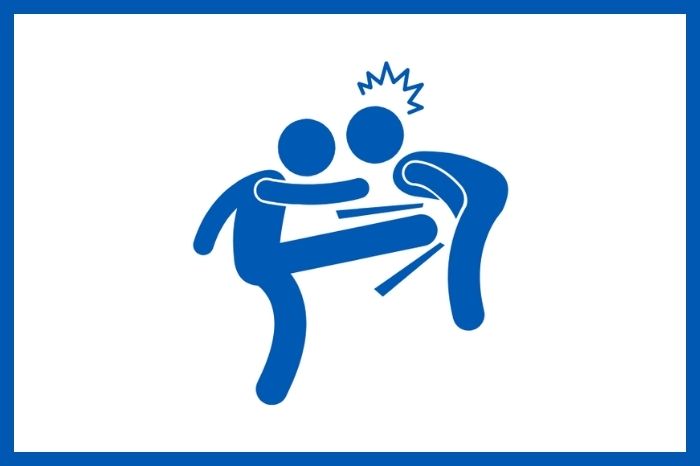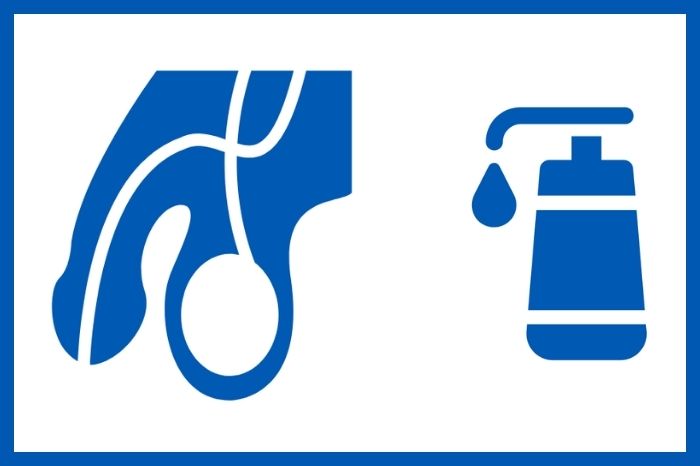Do you feel that you sweat a lot? Know the causes of excessive sweating
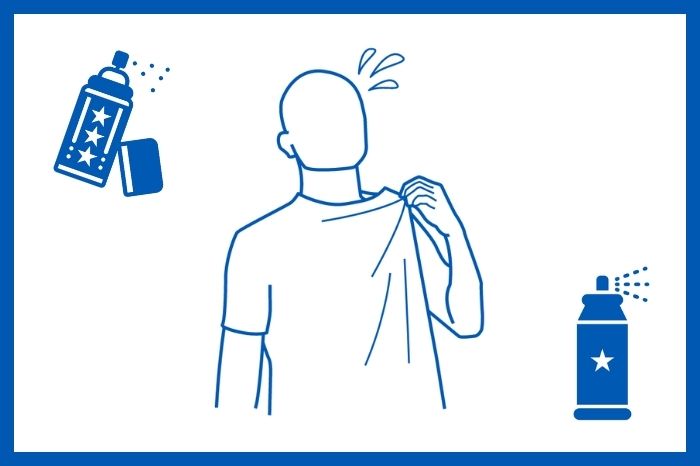
Everyone else in the room seems to be perfectly comfortable, but you're in your lightest shirt and you're still warm. Room temperature air conditioning doesn't seem to be enough for you. There's also the matter of the blanket at bedtime...or rather, the matter of tossing it out of bed while your partner was perfectly happy covered.
According to Vineeth Mohan, an endocrinologist and chair of the department of endocrinology and metabolism at Cleveland Clinic Weston Hospital in Florida, people have different tolerances for temperature and there is a large degree of normal variation when a patient mentions feeling too hot or "overheated." ".
"Physicians should try to distinguish between normal human variation and various potential underlying medical conditions," says Dr. Mohan. "Medical conditions rarely cause heat intolerance as the only symptom." Therefore, doctors look for other signs and symptoms that could point to a more serious problem.
If you feel hot all the time but have no other serious symptoms, sweating a lot is probably normal for you. So all you need to do is make adjustments in your life and workplace to maintain a cooler ambient temperature. Even so, if you're sweating a lot on your clothes or sheets, getting hot even when the temperature is pretty cool, you're probably wondering what excessive sweating could be.
Most common causes of some people sweating a lot
If you are very hot and sweaty, you may have an overactive thyroid, also known as hyperthyroidism. "One of the most common symptoms of hyperthyroidism is heat intolerance," says Jonathan Arend, a physician at The Mount Sinai Hospital in New York.
Higher levels of thyroid hormones mean more energy production, higher body temperature and a lot of sweating, adds David Weissman, a primary care physician. Other signs of an overactive thyroid are a fast heart rate, irregular heart rhythm, high blood pressure and unexplained weight loss.
But the good news is that hyperthyroidism is easy to diagnose and treat with medication, says Weissman.
Excessive sweating can also be a sign of fitness or a commitment to fitness. "People who are fitter tend to start sweating earlier in their exercise routine because they've adapted to be more efficient at maintaining a lower body temperature during physical activity," explains Weissman.
While fit men tend to sweat faster than sedentary men, those who are overweight create more heat and may also sweat more during their workout, says Weissman.
Now if you are hot, sweaty, flushed, feeling unwell and your temperature is above 37.5°C, you may have a fever, which means your body is trying to mount a defense against whatever is causing a fever. disease (probably a virus or bacteria).
Sometimes the fever is just a mild flu. Other times, it can signal something more serious, like tuberculosis, a serious bacterial infection, or lupus, an autoimmune disease, says Arend.
Common medications like oral decongestants (pseudoephedrine and phenylephrine), erectile dysfunction medications (aka Viagra and Cialis), and even some antidepressants can have a common side effect: a lot of sweating. This doesn't mean you should necessarily stop taking them, but it may warrant talking to your doctor to see if there are other options that won't make you sweat a lot.
Certain men who are being treated for prostate cancer may need medication to quickly lower their testosterone levels. "Men with this type of treatment often report hot flashes," says Mohan.
Are you thinking "I'm sweating a lot" even when standing in a cold room? You may have hyperhidrosis, an excessive sweating disorder. "People with hyperhidrosis sweat without needing to cool down," says Melissa Kanchanapoomi Levin, a dermatologist in New York and founder of Entière Dermatology. While hyperhidrosis is sometimes hereditary or signals an underlying problem (an infection, a heart problem, an overactive thyroid, even cancer), it can also be caused by overactive nerves signaling your body to sweat more. If you have hyperhidrosis, you may soak your clothes, notice that sweat runs from your fingertips, beads of sweat run down your face, armpits, or feet.
If any of these things sound familiar — and you haven't already — switch from deodorant to antiperspirant, suggests Kanchanapoomi Levin. While you might not think about it, you can also apply antiperspirant to your feet or hands, she says. Have you done this and it still didn't work? Make an appointment with your dermatologist to see what's going on. You may benefit from a prescription antiperspirant. Sometimes doctors also consider other medications or even the application of botulinum toxin to the site of excessive sweating. Botulinum toxin has the power to decrease sweating.
If you have diabetes and feel jittery, dizzy, and sweaty, you could be experiencing hypoglycemia, a drop in blood sugar levels, says Arend. As your body tries to deal with the stress of this situation, your sweat glands kick in - so more sweat, even if you don't feel overheated. In the short term, fruit juice pills can help increase blood sugar levels. But untreated diabetic hypoglycemia can trigger seizures and even loss of consciousness, so if you have symptoms several times a week, see your doctor, says Weissman.
Being super sweaty before a first date or important interview could be your body's response to stress and anxiety. "Increased anxiety causes an increase in heart rate, blood pressure and respiratory rate and, ultimately, an increase in body temperature," explains Weissman. "As your body heats up, you'll automatically sweat more."
What is the relationship between sweating and anxiety?
If you have Generalized Anxiety Disorder (GAD), you may also notice that you are sweating a lot, having trouble sleeping, are tense and in pain (your back and neck are always killing you), or you are super irritable (read: you are always on the verge of blowing up with someone). Simple stress-reduction techniques such as meditation and yoga can suppress anxiety, says Weissman. But it is better to include a specialist, such as a counselor or therapist, to treat it more appropriately.
Night sweats can be common. Anxiety, stress and sleep problems can cause night sweats, even in healthy men. But in rare cases, they can be a sign of cancer, such as lymphoma, leukemia, kidney and thyroid cancer.
Just as your body heats up when fighting an infection, your immune system revs up to face other threats, including cancer, explains Arend. If you notice that you are sweating a lot and regularly while sleeping, and you still notice other symptoms, such as unexplained weight loss or a fever, make an appointment with your doctor.
A rare endocrine tumor responsible for heat intolerance is pheochromocytoma, which is a catecholamine or adrenaline-secreting tumor. This can produce episodes of intense sweating that are like a "fight or flight" response, Mohan said. Feeling hot all the time could be due to carcinoid syndrome, a disease caused by some neuroendocrine tumors that normally arise in the gastrointestinal tract, adds Mohan. They can also come with symptoms like facial flushing, watery diarrhea, wheezing, or shortness of breath when these tumors release serotonin and other substances into your system. If you feel like you're hot all the time and have additional symptoms that you don't normally experience, see a doctor.
Conclusion
Most likely some of the causes discussed may be why you are asking yourself "Why do I sweat a lot?"
There are cases where increased sweating can be normal, being an individual characteristic of the person. Other causes, such as a mild flu or cold, do not require major interventions and will pass in a few days. Others, on the other hand, require a more careful evaluation and may mean something more serious.
In any case, if sweating is bothering you and it doesn't feel normal, see a doctor.
